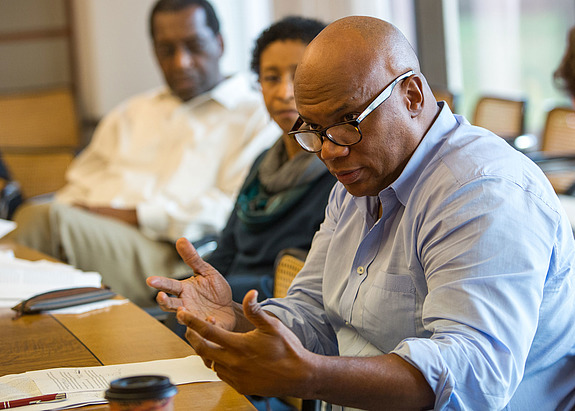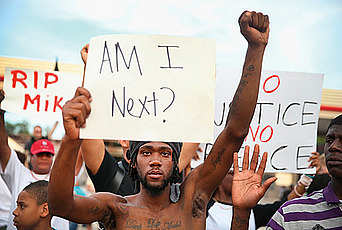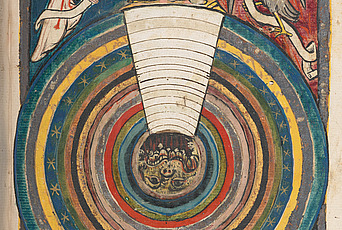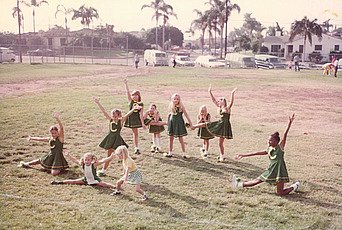The Spectre of Race

As sociologists have reminded us, race, like power, is a relational concept. A so-called race is invariably defined in distinction to other presumed races. Where racial reasoning and the practice of comparison have combined in modern politics is in the rendering of judgments about the relative merits of groups of people distinguished by race, and subsequently, through the codification of categories and the attempt at regulation of populations, especially their interactions. In essence, apartheid and other forms of segregation can be boiled down to this more abstract formulation. Comparison, judgment, codification, hierarchy, and ultimately, inequality are the keywords that help characterize the process and relationship between the race construct, politics, and institutions in modernity.
In a more dynamic understanding of the relationship between democratic and non-democratic institutions in societies with democratic polities, we can also explore how those excluded from citizenship in both ancient and modern eras sought and, in some cases, demanded participation in the democratic polities around them, or alternatively, sought to create polities of their own. Political and economic exclusion is often manifested in laws, norms, and coercive sanctions that delimited or outright prohibited noncitizen populations (slaves, women, serfs, and peasants among them) from participating in formal civic life. The combination of formal and informal institutions designed to limit political participation of the excluded can be conceptualized as mechanisms or institutions of political inequality.
Most contemporary scholarship on inequality has focused on economic manifestations and disparities in life expectancy, health care, education, and stress-related diseases. Known as “the social question” in the eighteenth century in the aftermath of the French and U.S. revolutions, the roots of social inequality are often traced to the economic sphere. While not discounting the economic and material sources of social inequality, many aspects of social inequality have political roots. Gendered disparities are perhaps the most obvious manifestations of inequality. Neither the socially constituted character of gender roles, and certainly not nature, can explain why women, across the ages and spaces, have been subordinated in economic, social, and material relations. The ability to own property and access to wealth, education, and suffrage have their origins in law and custom that have privileged males in most societies.
Political and economic exclusion is often manifested in laws, norms, and coercive sanctions that delimited or outright prohibited noncitizen populations (slaves, women, serfs, and peasants among them) from participating in formal civic life.
Political and social inequality are often dynamically related, insofar as exclusionary and inclusionary criteria for citizenship formation and participation invariably emanate from the same source: state power. Yet one of the core lessons of The Spectre of Race is that political inequality is not simply an epiphenomenal feature of social and economic inequality. Instead, political inequality is often the result of deliberate decisions to exclude specific groups from participation in a polity and to deny their access to the same social and economic opportunities afforded to members of dominant groups. Whether by gender, social class, ethno-nationality, religion, or other forms of distinction, the administration and management of political inequality has varied by society and regime, and it has been based upon distinct criteria depending upon the marginalized groups in question and their demands for inclusion.
Racial, gendered, religious, and ethno-national chauvinism are among the forms of evaluative differentiation which, when embedded in political institutions, provide an interpretive means for governments to codify their preferences in law, edicts, and constitutions that then regulate people and their interactions. Moreover, these forms of differentiation, functioning as informal and formal institutions, have impacted the practice of democracy in three Western polities in particular: France, Britain, and the United States. Part of my contention in The Spectre of Race is that such forms of political inequality are not anomalous features of certain Western polities, but rather are the modern manifestations of the combination of democracy, difference, and inequality first invented and implemented in classical Athens.


